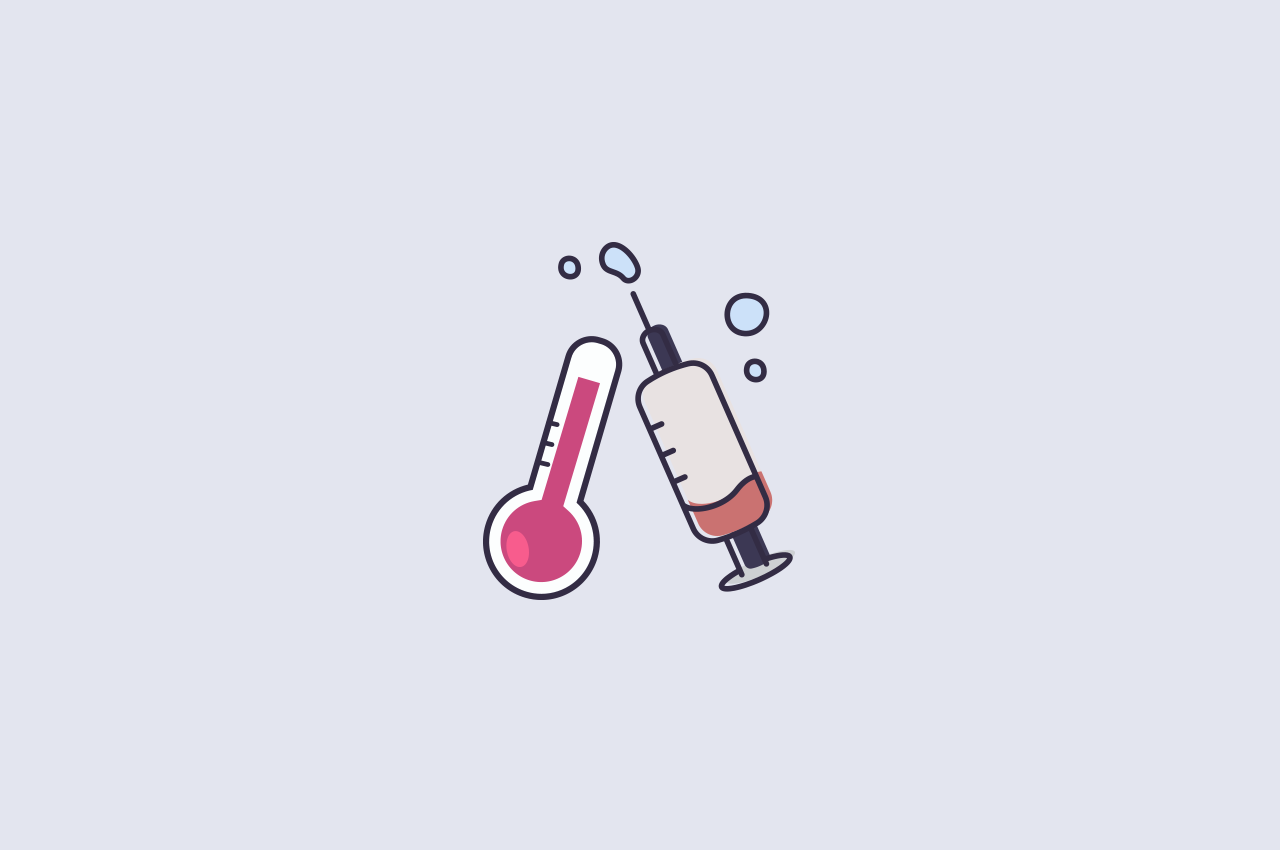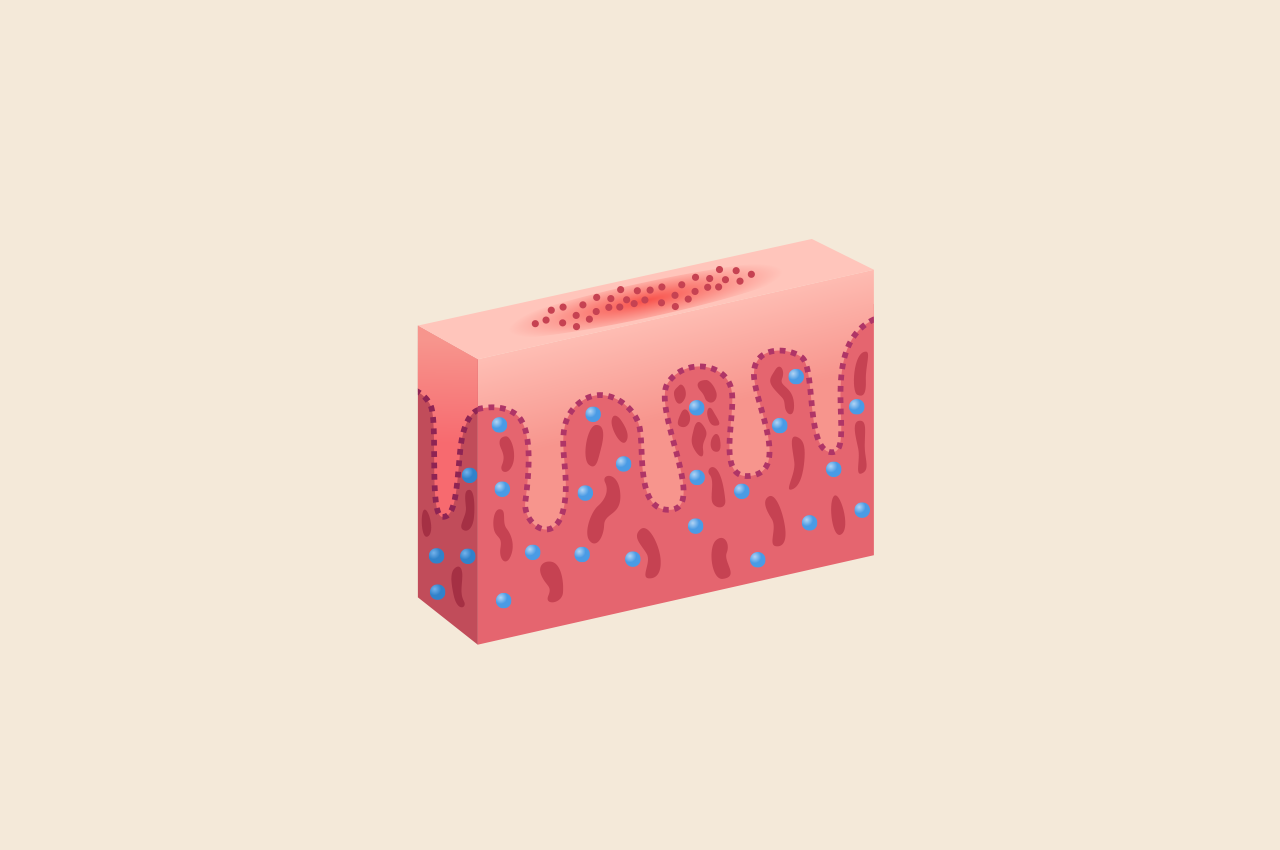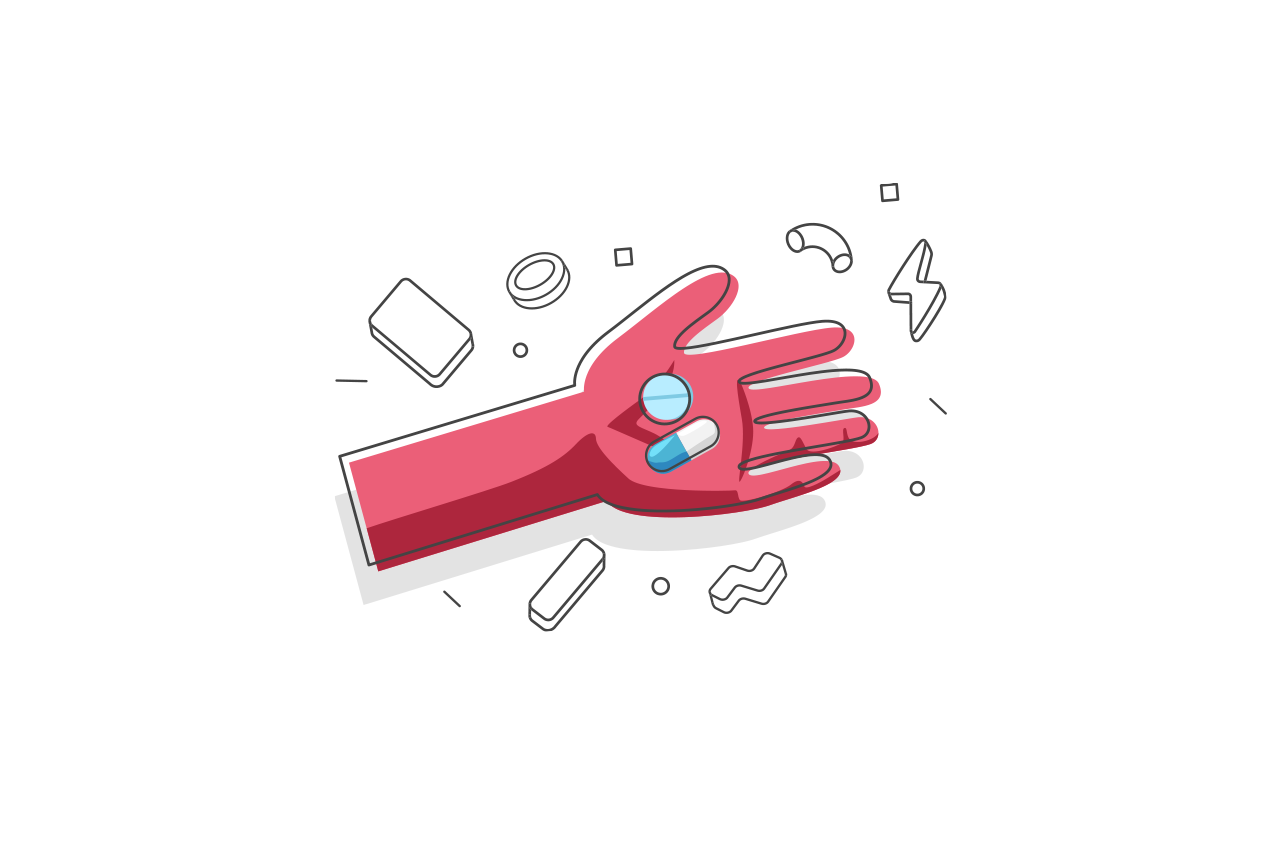Hanger is when you experience a combination of hunger and anger. In a nutshell, hanger could be compared to the grown-up version of a baby crying for milk. But why do some people become hangry?
Your body’s first instinct is to keep you alive. When you haven’t eaten for a while, the level of sugar (blood glucose) in your blood decreases. When this happens, your blood sugar becomes too low and triggers the stress hormone cortisol and adrenalin (fight-or-flight hormone). These hormones are released to rebalance the blood sugar in your body.
Although these hormones give you some energy, it’s not the good kind. It’s the kind of energy that makes you feel agitated, unfocused and even angry.
If you opt for foods with lots of carbs or sugar to give you energy, you’ll be even worse off. This is because when you eat lots of carbs and sugar, you blood sugar skyrockets, giving you a temporary rush of energy, only to crush soon thereafter.
The crash is caused when insulin tries to use your body’s glucose reserve but it’s too much for your body to handle. This just leaves you with more cravings for food.
Although feeling hangry could affect anyone, people who struggle with controlling their anger could be more likely to experience it.
What to do about your hanger
Sadly, hanger can’t be avoided entirely. The good news is there are ways to lower your chances of experiencing it.
Avoid having too much sugar
Keep sugary treats and carb-heavy foods at a minimum. Besides the usual culprits like pastries, sweets and cake, these include seemingly healthy foods. Watch out for hidden sugar in low-fat yoghurt, sauces, fruit juice, sports drinks, granola, flavoured coffee and cereal.
Eat foods that are digested slowly
Foods that are high in protein and fat digest slowly because they are absorbed by your body in stages. They also slow down the absorption of sugar in your bloodstream.
For snacks with healthy fats choose nuts, avocado slices, cheese sticks, dark chocolate and seeds. For a dose of protein have boiled eggs, peanut butter on celery sticks and grilled chicken breast strips. If you must have carbs, chose vegetables or fruits. The fibre found in fruit slows down the digestion of carbs which means your blood sugar won’t rise drastically.
If you have other carbs like wholegrain crackers for example, pair it with a protein or a healthy fat like avos to slow down digestion.
Catch some Z’s
When you’re exhausted, your stress hormone cortisol overworks itself. This causes your body to crave food. Get at least eight hours of sleep each night and stick to a bedtime. Wind down an hour before bed and switch off all devices.
Good to know
- Try these if you often become hungry:
- Eat small meals throughout the day.
- Avoid junk foods, which can cause a sugar crash. Choose nutritious, high-fibre foods to keep you feeling full.
- Exercise regularly to help lower your blood sugar. Don’t overdo it – exercise can contribute to insulin sensitivity. Stick to a 30-minute workout three times a week unless your doctor suggests otherwise.
- Stay hydrated.
If you experience hanger more than once or twice a week, talk to your doctor and dietician.
References
- https://sodelicious.recipes/healthy-eating/causes-of-hanger
- https://health.clevelandclinic.org/is-being-hangry-really-a-thing-or-just-an-excuse/
- https://www.healthline.com/health-news/hangry-not-because-youre-extremely-hungry#3
- https://www.psychologytoday.com/za/blog/brain-babble/201607/why-do-we-get-hangry
- https://www.healthline.com/nutrition/18-surprising-foods-high-in-sugar#section18
- https://www.healthline.com/nutrition/10-super-healthy-high-fat-foods#section7
- https://www.medicalnewstoday.com/articles/324594.php




